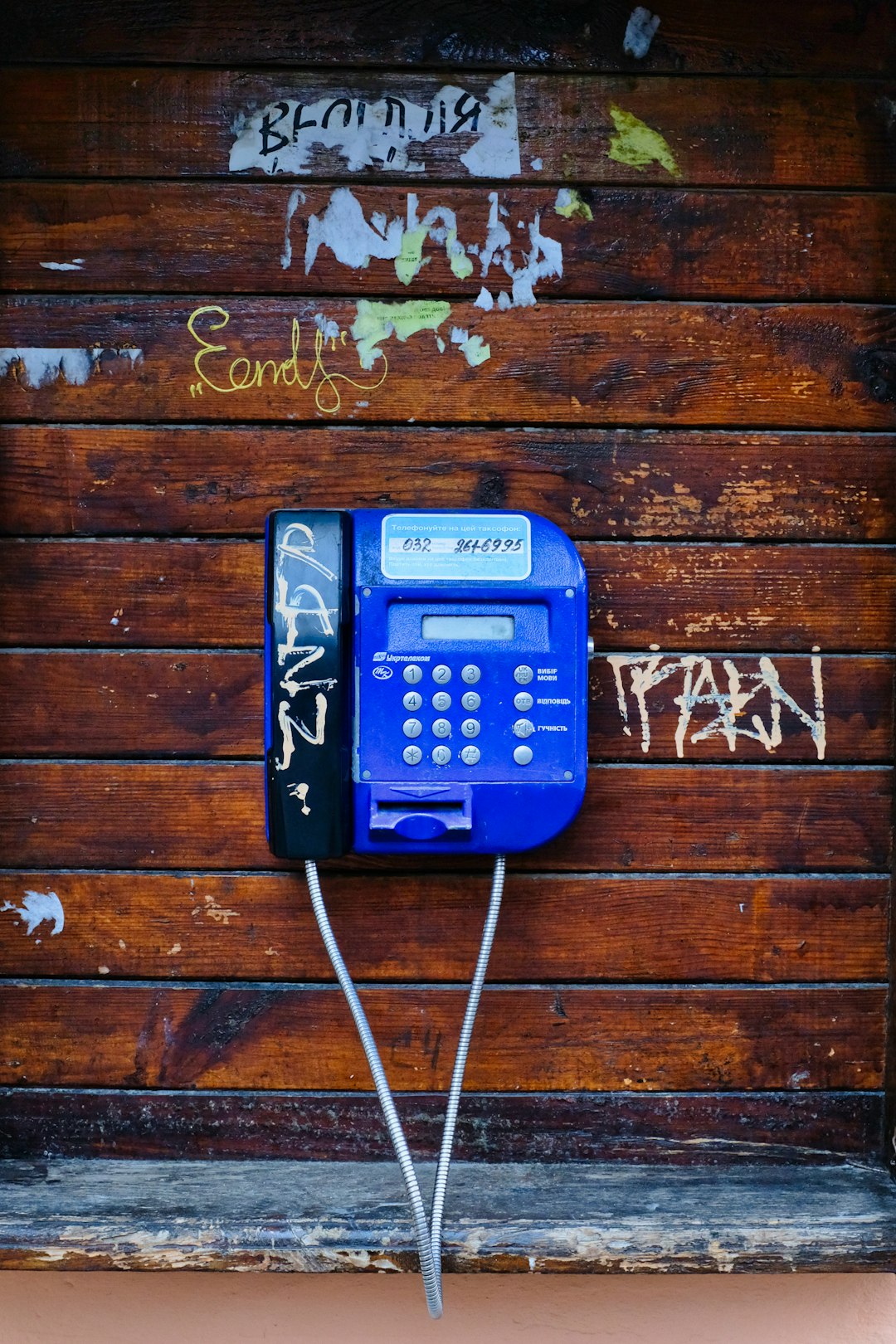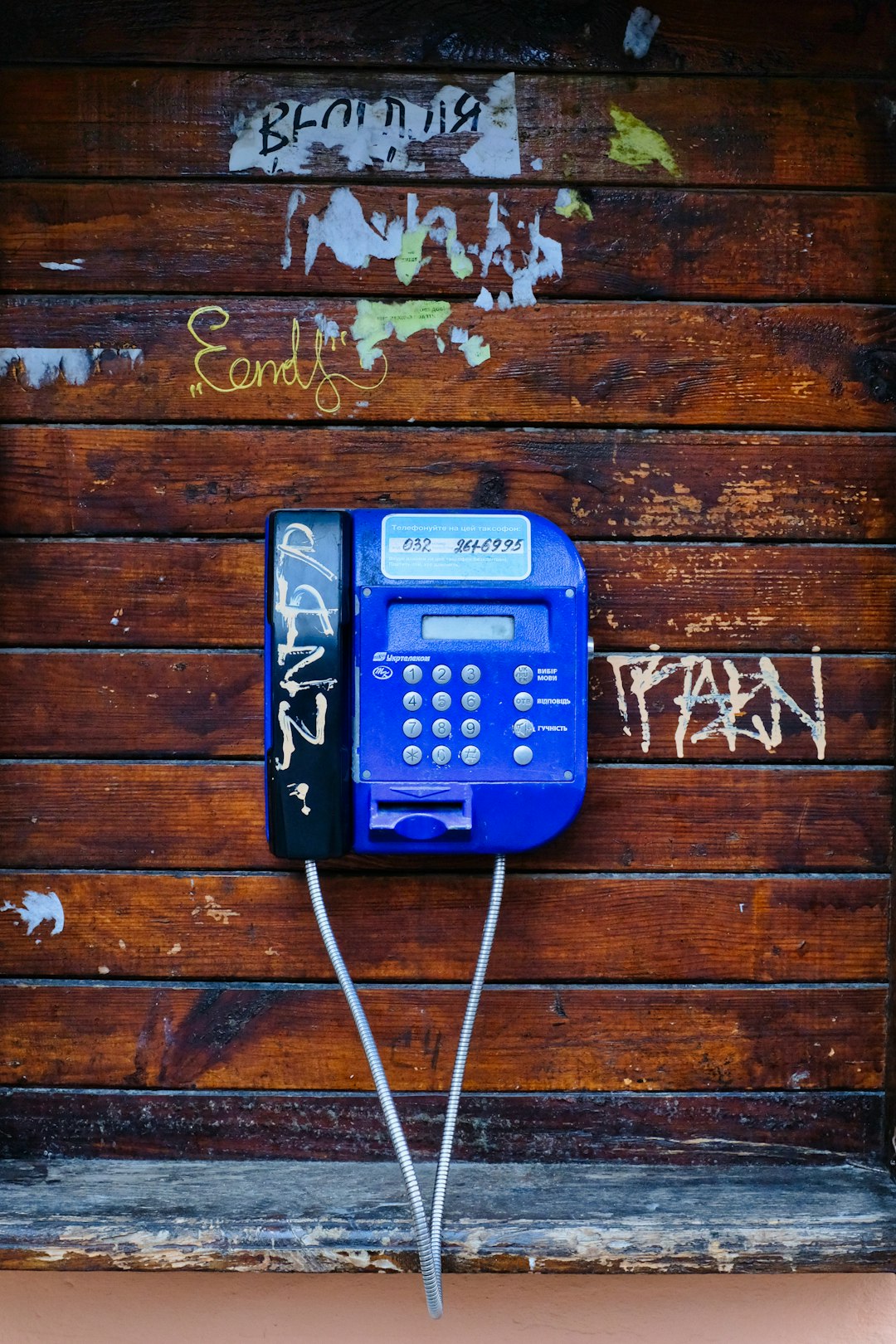In Oklahoma, automated phone calls or robocalls are a common issue, often used for marketing but sometimes associated with fraud. Residents are protected by the Telephone Consumer Protection Act (TCPA) which prohibits such calls without prior consent. Documenting and understanding your rights, along with tracing the source, is crucial before considering legal action, including suing for robocalls in Oklahoma under TCPA provisions. Tools like the National Do Not Call Registry and call-blocking features can help mitigate these intrusive calls.
In today’s digital age, robocalls have become a pervasive and often annoying nuisance. Understanding these automated calling patterns is crucial for residents of Oklahoma, especially when it comes to protecting your privacy and legal rights. This article delves into the world of robocalls, exploring their mechanisms, legal protections in OK, common scams, and your options when facing unwanted calls. Learn how to identify suspicious activity and whether you have the right to sue for robocalls in Oklahoma.
What Are Robocalls and How Do They Operate?

Robocalls, short for robotic calls, are automated phone calls that utilize advanced technology to dial and deliver pre-recorded messages en masse. These calls are often used for marketing purposes, but they can also be a nuisance or even a source of fraud. In Oklahoma, as in many other states, robocalls have become increasingly prevalent, leading many residents to wonder about their rights and legal options, including the question: Can I sue for robocalls in Oklahoma?
Robocall operations typically involve a company or organization leasing or using a phone network that can simultaneously dial thousands of numbers. Once connected, automated systems deliver messages, which may be advertisements, survey requests, or even attempts to scam recipients. While some robocalls offer the option to opt-out, many do not, making it challenging for individuals to stop receiving these unwanted calls. However, knowing your rights is essential, and understanding how to trace and document these calls can be the first step in seeking legal action, including potential lawsuits against persistent or fraudulent robocallers.
Legal Protections Against Robocalls in Oklahoma

In Oklahoma, there are legal protections in place to safeguard residents from intrusive robocalls. The Telephone Consumer Protection Act (TCPA) prohibits automated or prerecorded calls from being made to any telephone number assigned to a cellular telephone service unless the caller has obtained prior express consent from the person receiving the call. This law gives Oklahoma residents the right to sue for damages if they experience unwanted robocalls.
If you’ve been bothered by frequent robocalls, you may have grounds to take legal action. The TCPA allows individuals to seek compensation for each violation, including monetary damages and injunctive relief. By understanding your rights under this law, residents of Oklahoma can protect themselves from harassing phone calls and potentially hold offenders accountable, especially if a company or caller has been persistently ignoring “Do Not Call” requests.
Identifying Common Robocall Patterns and Scams

In the ever-evolving landscape of telemarketing, robocalls have become a pervasive and often frustrating reality for many Oklahomans. Identifying common patterns and understanding potential scams is an essential step in protecting yourself from unwanted and fraudulent calls. One clear sign of a robocall is the use of automated dialing systems, which can be recognized by repeated calls with short pauses between them. These bots are designed to dial thousands of numbers rapidly, often targeting specific areas or demographics.
Scammers often employ sophisticated techniques to bypass blocking lists. They may use computer-generated voices that mimic human ones, making it hard to distinguish a robocall from a legitimate call. Common scams include pretending to be from government agencies, financial institutions, or even offering low interest rates on loans. If you’re experiencing frequent robocalls and believe they are causing harm or loss, it’s worth exploring your legal options. In Oklahoma, there are laws in place to protect consumers from unwanted telemarketing calls, and you might consider seeking legal advice on whether you can sue for robocalls.
Your Rights and Options When Facing Unwanted Calls

In Oklahoma, as in many states, there are laws in place to protect consumers from unwanted phone calls, especially robocalls. The Telephone Consumer Protection Act (TCPA) grants individuals the right to sue for damages if they receive automated or prerecorded calls without prior consent. If you’re facing a barrage of robocalls, understanding your rights is crucial.
When dealing with unwanted calls, you have several options. First, you can register your number on the National Do Not Call Registry, which can temporarily reduce the frequency of such calls. Additionally, many phone companies offer call-blocking features or apps that can help filter out robocalls. If the calls persist and you feel they violate your privacy, consulting with a legal professional to explore options like suing for robocalls in Oklahoma could be beneficial, ensuring your rights are protected.






